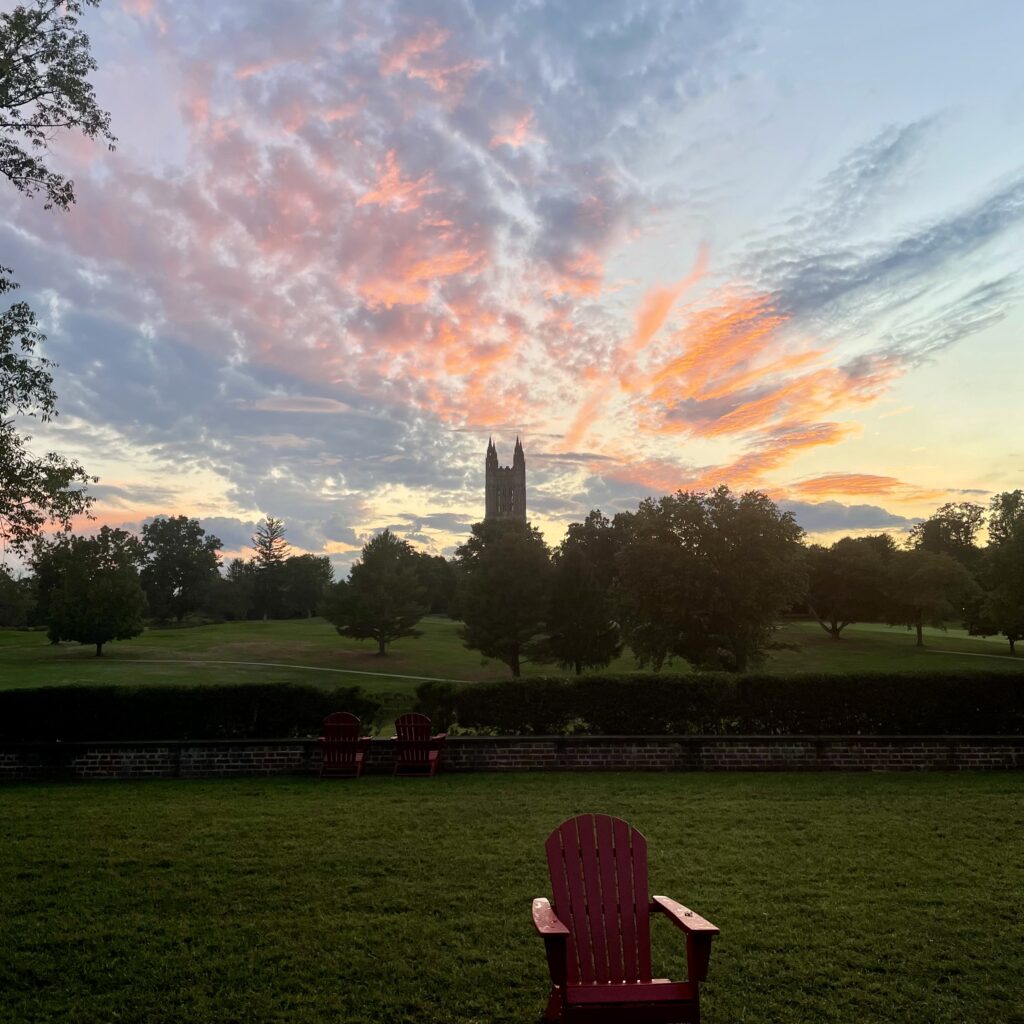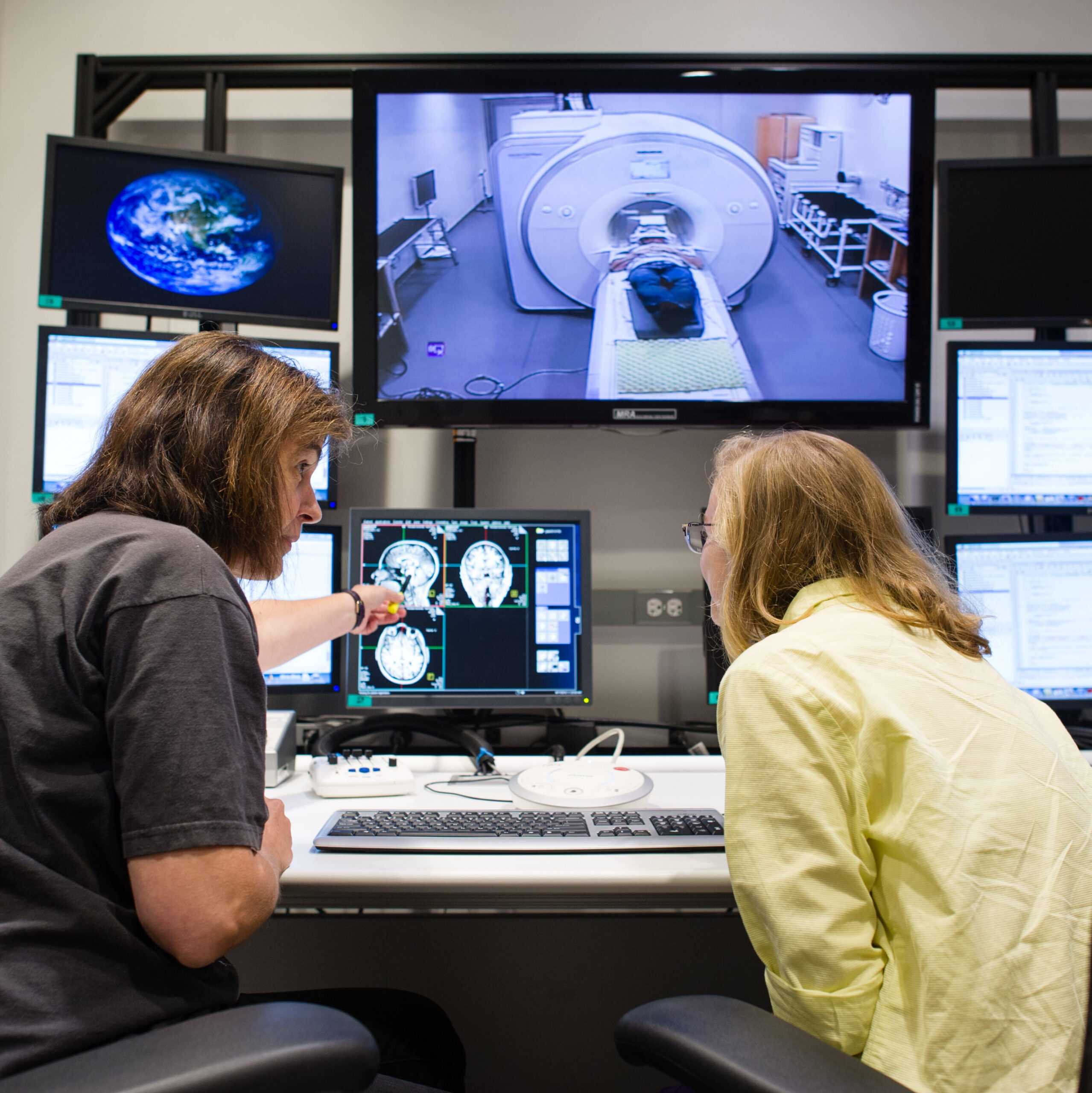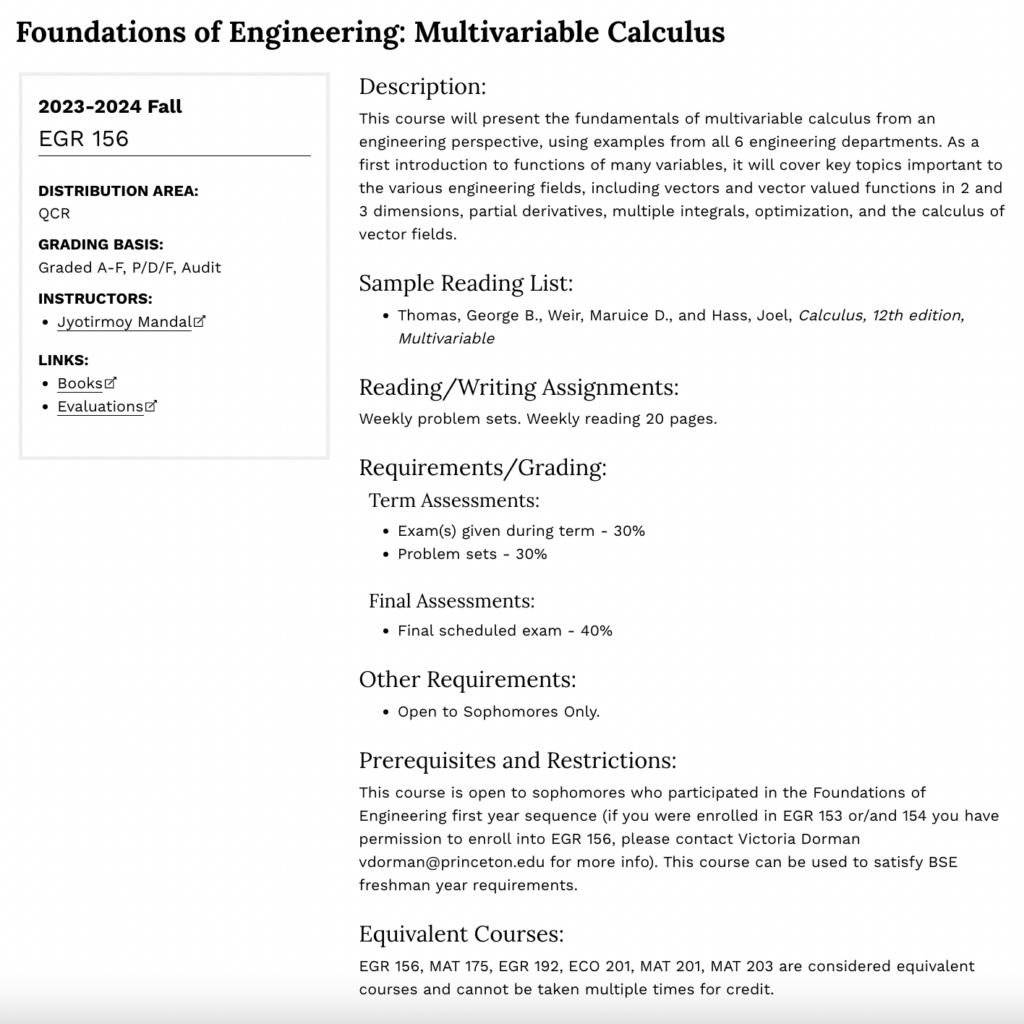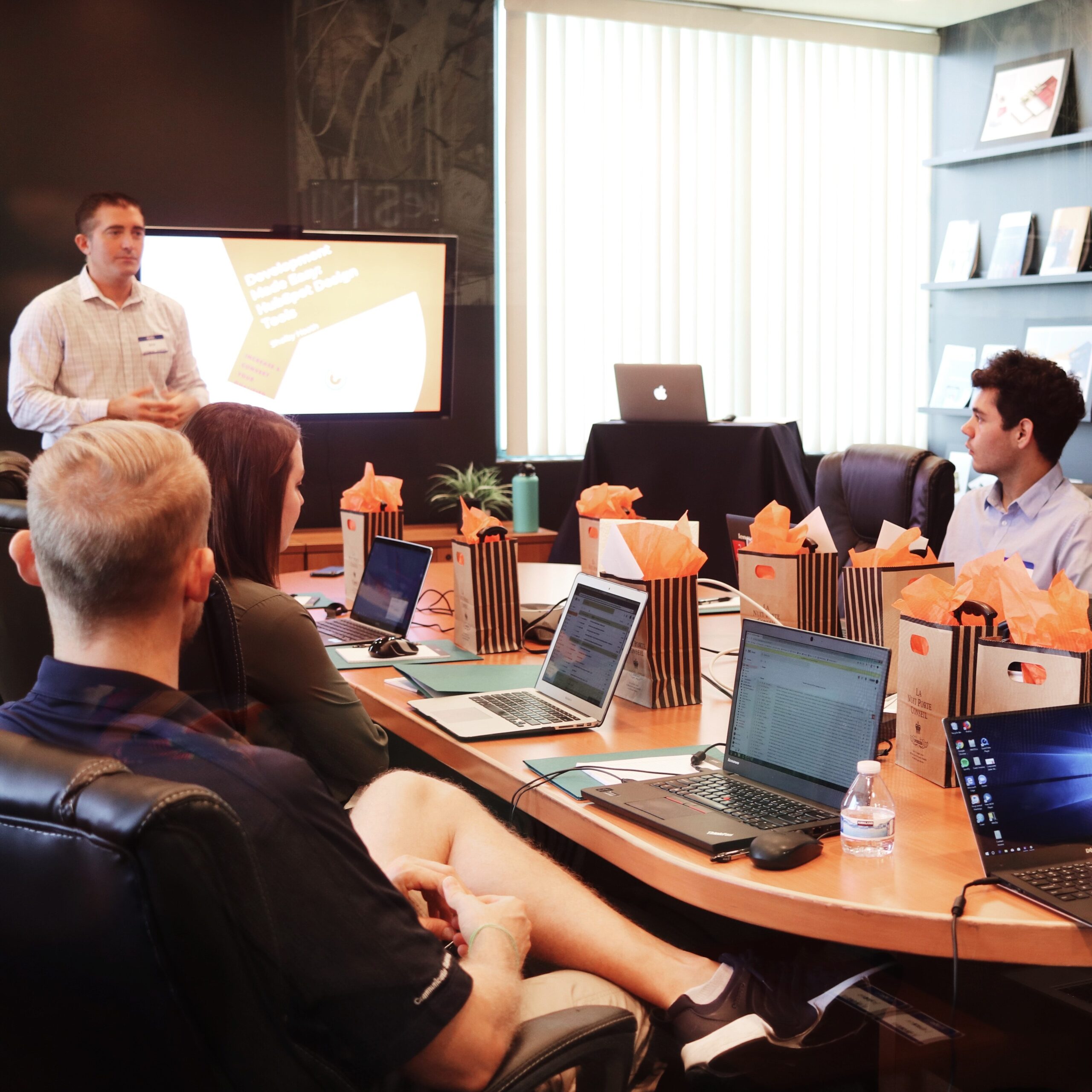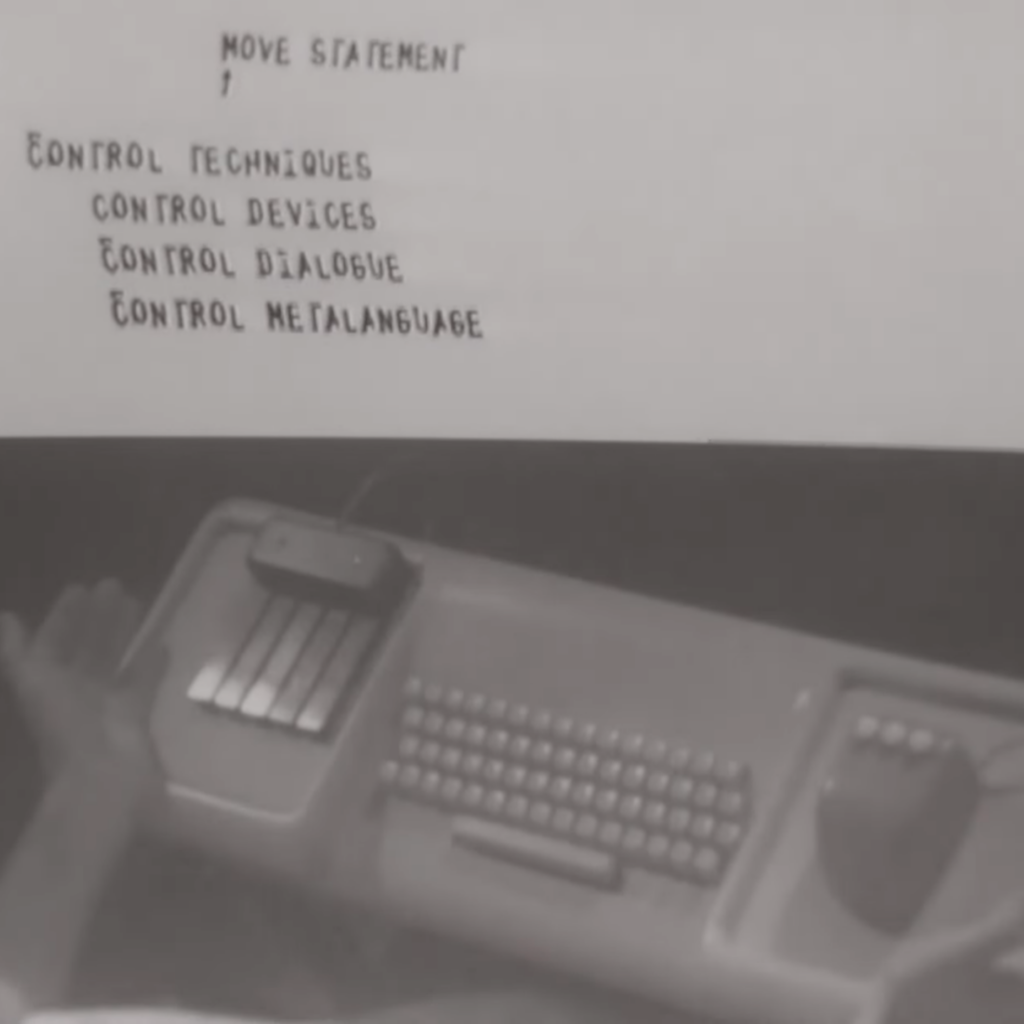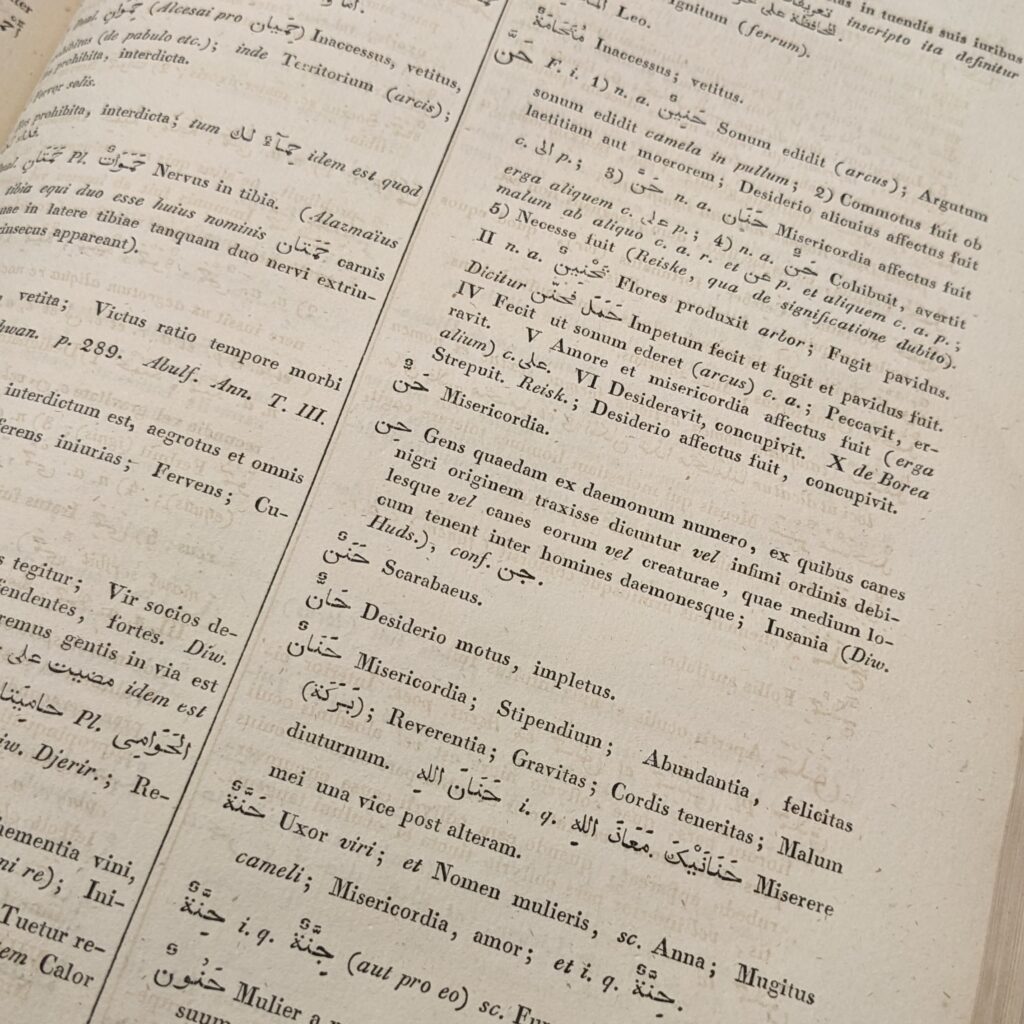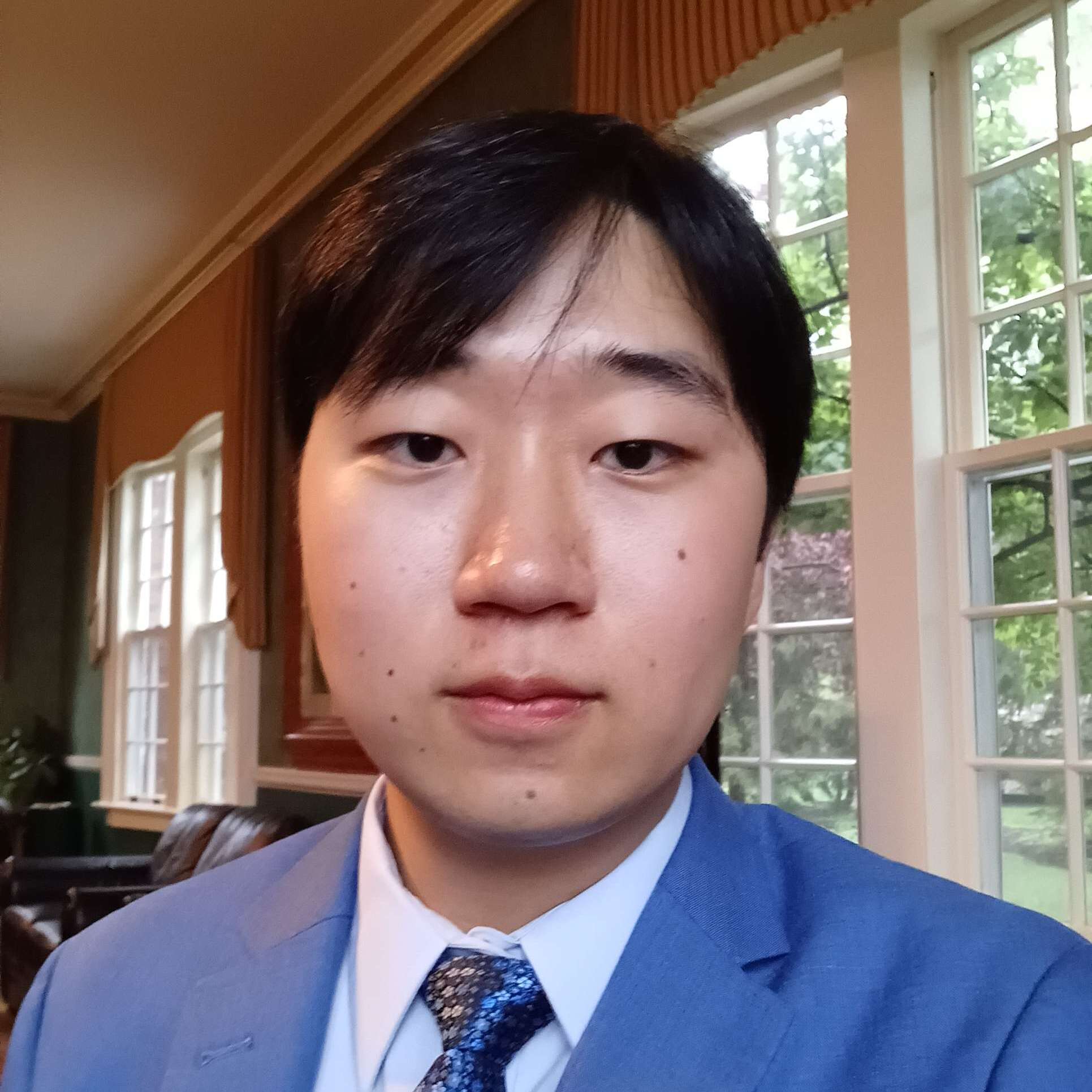
While it may feel like the semester has only just begun, classes are in full swing and, already, junior paper (JP) deadlines are fast approaching. For many majors, the spring semester is where the bulk of the JP work actually takes place. Whether that means writing thousands of words, crunching monstrously large datasets, or debugging hundreds of lines of code, I think we all can agree that a JP draft is better not left to the last minute.
One of the biggest challenges all Princeton students face with independent work, however, is figuring out where they can even find the time to start. With a full course load, weekly assignments, and a myriad of extracurricular obligations, just when exactly is a student to work on their JP? Read on for three tips on how you can fit your JP into a hectic schedule. With the right daily habits, supports, and mindset, you may even find that you enjoy the process more than the final product.
Continue reading Getting it Done: Balancing your JP with a Full Course Load

